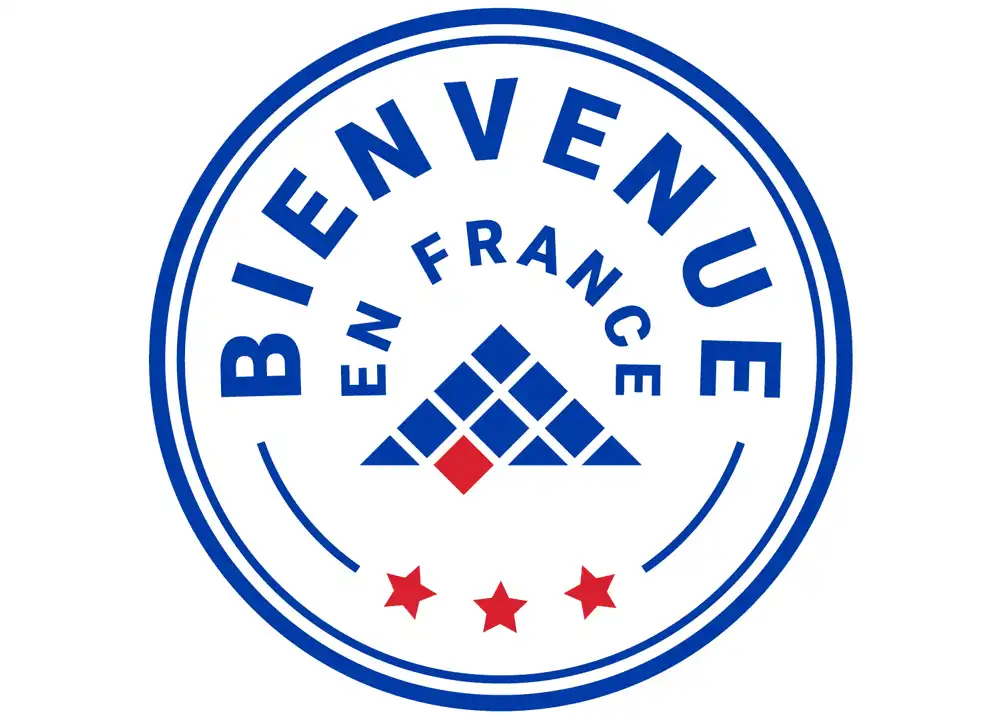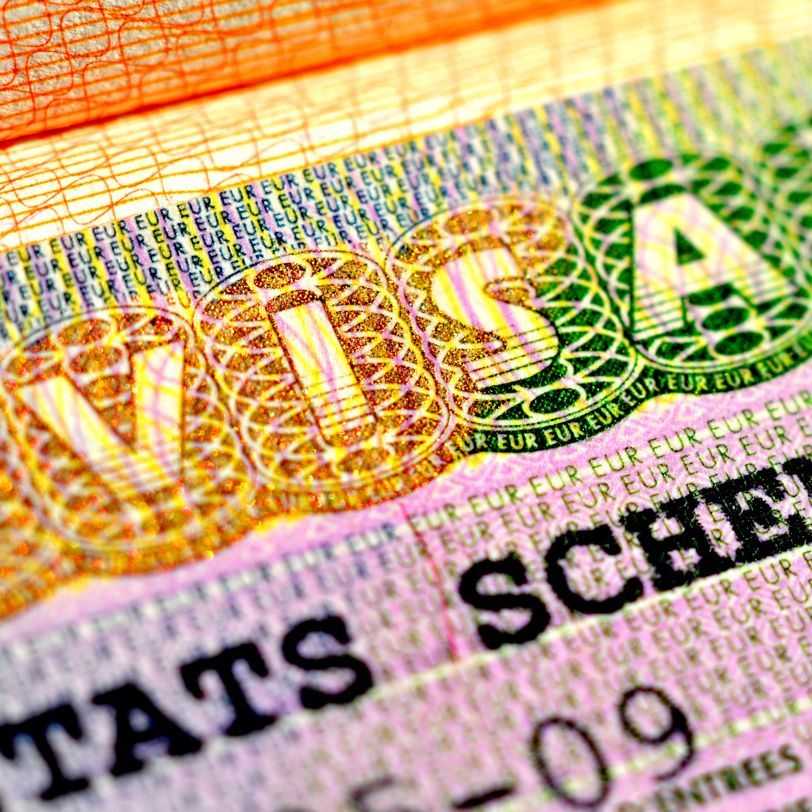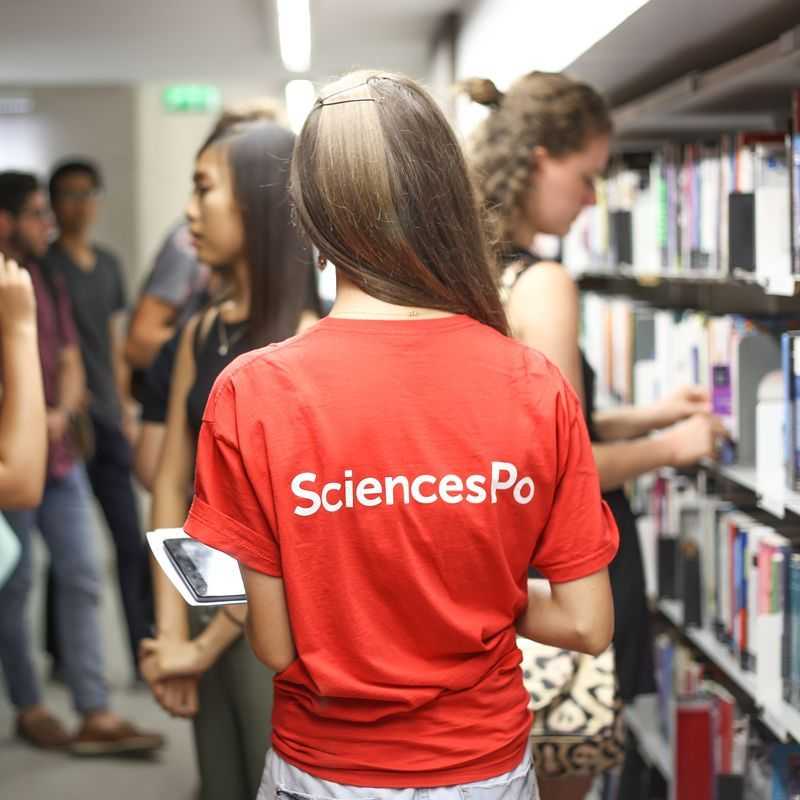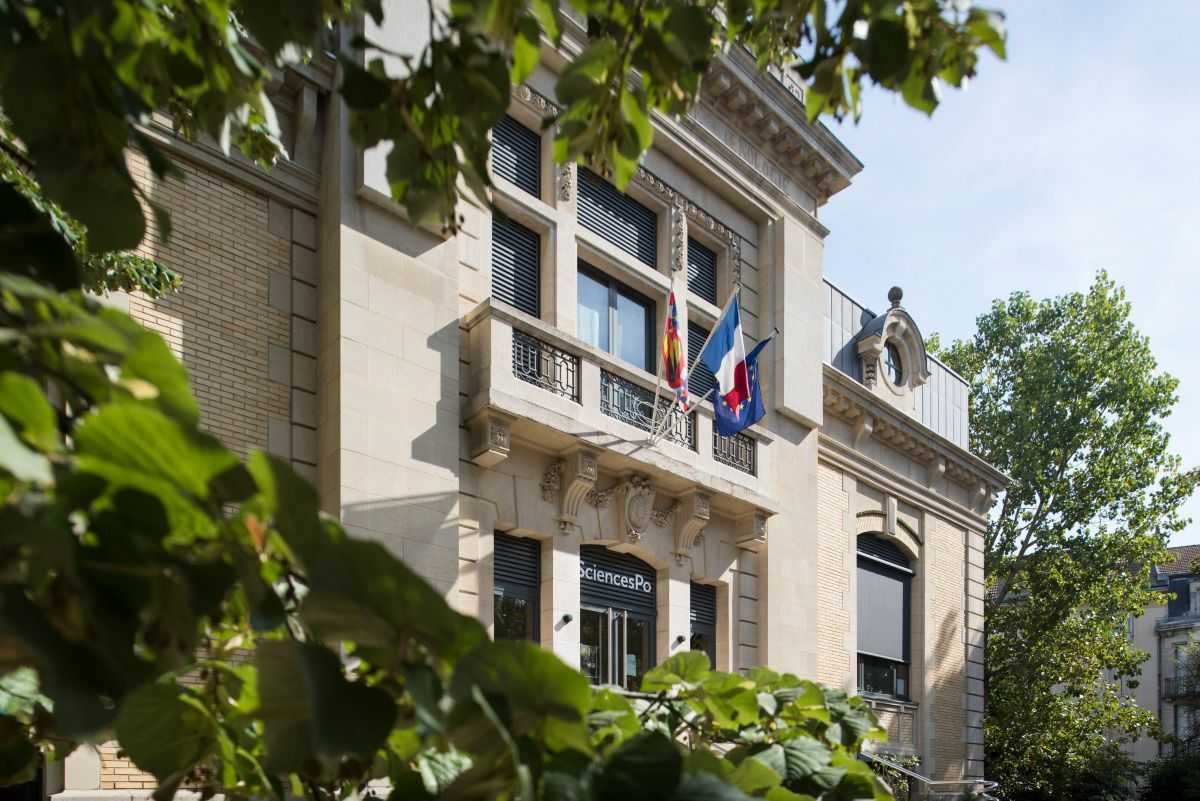Home>Get started>International Students
International students
First steps
You have been accepted to study at Sciences Po. Once you've received your letter of admission, here are the initial steps to take before the beginning of the academic year:
- Accept the offer of admission sent to the email address you listed on your application. This email contains your student ID number and a temporary password which will allow you to connect to your online student account. Once you are connected you can accept the offer, complete your registration and sign up for courses online.
- Access Sciences Po’s online services and resources (Google Apps, WiFi, digital library resources, etc.). Your account access to all Sciences Po IT systems is created automatically the day after you accept our offer of admission. You will receive your login information by email. We recommend you change your password as soon as possible. For more information, go to Authentication and login ID
- Complete your administrative registration.
- Complete your course registration.
- Learn about and sign up for orientation programmes (if necessary).
- If you are an international student, begin the administrative formalities required to obtain a visa.
- Validate your learning agreement. If a learning agreement is requested by your home university, please complete it by listing your courses choices and submit the document for signature to the team of Sciences Po's International Affairs Division.
- If you come from Europe, please contact centreeurope.daie@sciencespo.fr.
- If you come from North America or Latin America, please contact agnes.charpentier@sciencespo.fr.
- If you come from Asia, Pacific, Africa, Middle East or Turkey, please contact sophie.eclappier@sciencespo.fr and marie.valincolin@sciencespo.fr
Administrative documents, visa and residence permit
To study in France, you will need to obtain a student visa and then validate it online to obtain a French residence permit which you can renew up until the end of your studies.
You will need to provide a number of supporting documents for all of your administrative procedures.
All official documents in foreign languages must be translated into French by a certified translator.
When should I come?
We recommend that you arrive at least two weeks before classes start so you have time to complete all your administrative formalities without getting stressed.
Settling into a new environment can take time - you need to find accommodation, open a bank account, deal with administrative tasks, etc.
Please note: start dates for courses may vary depending on your programme. View the University Calendar.
To make your arrival easier, Sciences Po organises different welcome or orientation programmes depending on your profile. These take place before classes start.
Arriving in France
By plane
If you arrive in Paris: you will land at one of the city's two main airports, Paris-Charles de Gaulle (CDG) or Paris-Orly (ORY), from which there are several transport options to reach central Paris quickly. There is also Paris-Beauvais airport (BVA), which specialises in low-cost flights all over Europe. However, this airport is located one hour and fifteen minutes (by special shuttle from Porte Maillot) to the west of Paris.
Sciences Po does not have a transport service to collect students from Paris airports.
If you are heading to the Menton campus, you can also fly directly to Nice Côte d’Azur Airport (30 minutes by bus to Menton).
Customs declaration
Only sums of money (cash or cheques), securities (stocks, bonds, etc.) and valuables worth 10,000 euros or more need to be declared at customs (fr.).
Getting to your campus
If your destination is one of the campuses outside Paris, you may have to pass through Paris to catch a train:
Getting settled on your campus
Once you arrive in the city you’re studying in you will have to find accommodation, open a bank account, get a mobile phone plan and internet provider, settle administrative procedures, etc.
The cost of living will depend on which city you live in. There is a big difference between Paris and other cities. Don’t forget to prepare a budget for the duration of your studies.
Please note: When you first arrive in France you will probably have to find temporary accommodation in Paris while you look for something long-term or until you transfer to a regional campus. Youth hostels are the cheapest option in Paris. There are also budget hotels that can tide you over.
Health & Disability
Healthcare coverage
The French social security system offers health insurance to all students free of charge.
Get everything you need to know about how healthcare coverage in France works, how to register with the social security system on our health webpages.
Healthcare
The Sciences Po Health Centre is available on all campuses to provide free and confidential medical appointments in French or English.
In need of special assistance ?
As soon as you’re admitted, the Disability Support Service will discuss your needs with you and arrange accommodations and accessibility support so you can make the most of your studies and student life.
Security
Violent crime is relatively rare in France, especially in broad daylight in well-populated areas. However, as in most countries, petty crime such as bag snatching and phone theft is widespread, especially in "risk areas" such as airports, train stations, in the metro and busy shopping centres.
To limit these risks, we advise you to exercise caution and follow some basic safety rules:
- Don't carry around large amounts of cash (in France you can pay for almost anything with a bank card)
- Never leave your bags and other luggage unattended
- Make several copies of your ID card/passport and your credit cards. In case of theft, this will make it easier to cancel your bank card and make a declaration of theft to the police.
- While at a restaurant or bar (particularly if you're at an outside table), never leave your cell phone, wallet, laptop, or anything valuable on the table. You would be a very easy target for a passing thief who knows where to hide quickly with your valuable item.
- Avoid attracting attention to your mobile phone on the metro or in the street, particularly at night. Today's expensive smartphones are an easy and attractive target for thieves. Keep in mind that ear phones, particularly the classic white earbuds, are a clear signal to a potential thief that you have something worth stealing.
- Ask friends to see you home or take a taxi if you have to return home late at night.
- Don't accept a first meeting in an isolated place with a stranger you have met over the internet.
- Watch out for people who stop you in the street asking you to sign a petition (often while pretending to be deaf), to watch a show or bet on a card game or otherwise, or who approach you in a panic. These are very common strategies to distract you and steal from you. These criminals sometimes act alone, or often in groups of several young teenagers hoping to overwhelm you and make an easy profit.
If you are robbed or a victim of some other petty crime, you should go to a police station (commissariat de police) to make a declaration, which you can then use for insurance claims etc., such as for a stolen mobile phone.
In case of emergency
In an emergency, or if you can't reach a doctor in the evenings for example, you should of course go to hospital, which should be covered by your insurance policy. Be sure to check the hospital’s website for details of reimbursement for emergency room visits.
- 112 is the number to call for emergency services throughout the European Union.
- 15 is for the SAMU (ambulance/paramedics service)
- 18 is for the nearest fire station, which also administers first aid
- 3624 for SOS médecin (12c/minute), for doctors who make house calls, 365 days/year, 24/7
- Duty chemist/night pharmacies in Île de France (FR) or around France (FR)
- All hospitals have emergency services (FR)
If you are a victim or witness of sexual assault or harassment, or if you have any questions about gender-based violence, you can visit the Combating sexual and gender-based violence page.
"Bienvenue en France" Label

Created in 2019 by Campus France, this label is awarded to higher education institutions for their ability to accommodate new international students. Sciences Po was awarded 3 stars, the highest standard.
Find out more about the "Bienvenue en France" label (PDF, 226 Ko)



